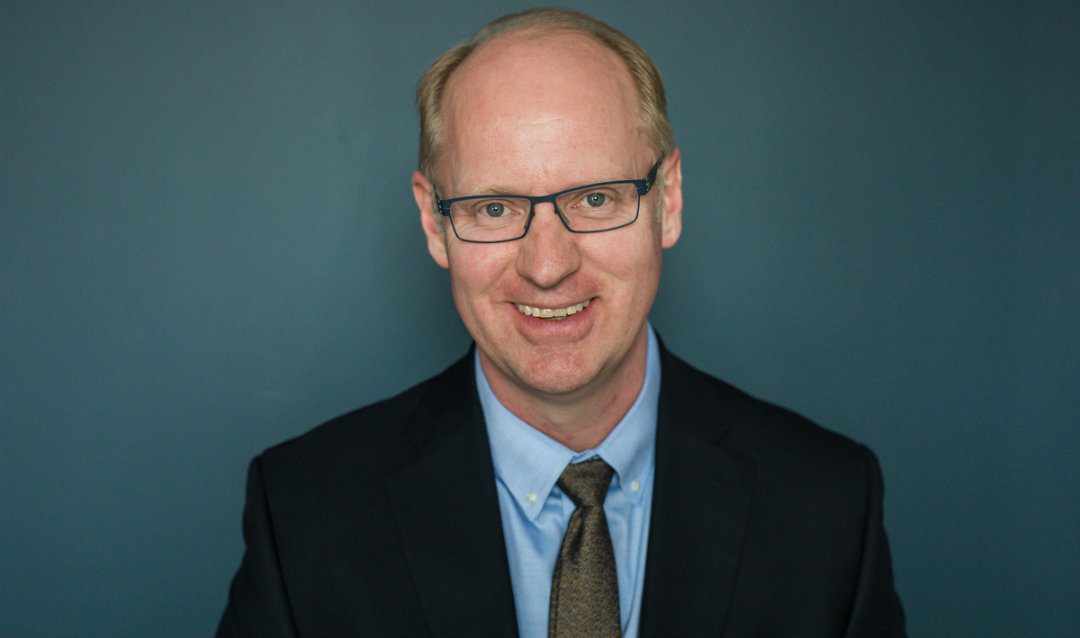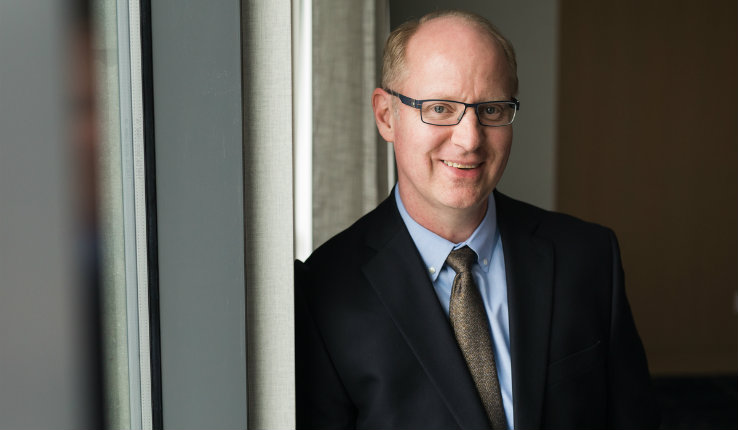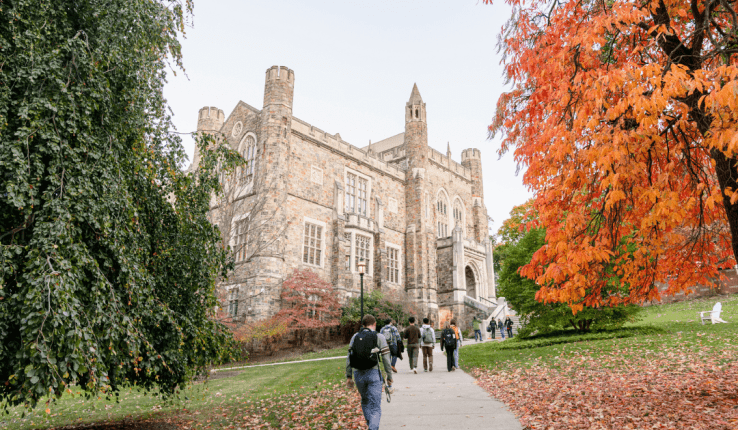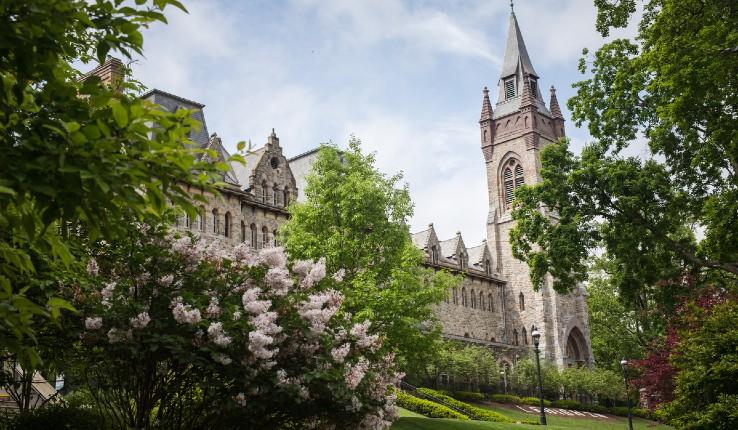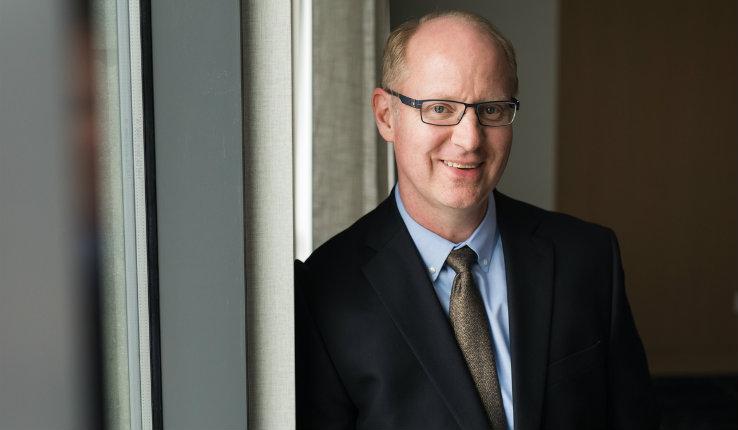This is the question that university administrators across the country and around the world are trying to answer at the moment: What will fall look like?
From where things stand right now, I'm confident that we are going to be able to provide a very high-quality educational experience and overall college experience to our students. It will not be the same one that it would have been without COVID. But I would argue that, in some ways, the entire world isn't going to be the same. And so as a university, since we are seeking to prepare students for the world, I think that it's appropriate and necessary that we are making sure that students are familiar with what's happening and how it is that they will need to work, interact and succeed in the environment that we're going to be facing for at least a while. The reality is that university operations are changing, corporate operations are changing, and government operations are changing, society is changing. And I think that it's essential that students learn how to interact and engage in this new reality. How to work in teams on these different kinds of platforms. I think if they do so they will be better positioned for that world in which they find themselves after they graduate. Hopefully we'll get a vaccine soon and things will more or less go back to normal. But I'm not sure that there will be a “go back to normal” even if we get a vaccine. So things are going to be different.
What are some of the specific things that you foresee in terms of the campus experience?
I would predict that there will be more classes online, either in part or in whole, than there would be in the past. I also think that online education will be much better in terms of quality and thoughtfulness. There will not be large gatherings, where a bunch of people are packed close together. What exactly the limit of that is in terms of how many people we will be putting in one space together, we don’t know yet.
But importantly, I think the core activities of the university will continue. We will still be engaging students in many of the same ways; it will just be at a much lower density. People will need to have some distance between them. That’s not always going to be easy, and that's not always consistent with people's sort of view of what their college experience will be like, but here’s an analogy I’ve used: I remember when I first heard that Jimmy Fallon was going to start doing shows again, and it was going to be Jimmy on television from his house or something like that. And at first I was like, ‘This is crazy, that's not the show.’ But then you watch it and it was like, ‘Yeah, that’s the show!’ It's still entertaining, it's still comedy, it still has a lot of the same kind of elements. It is just very different. But he retained the essential elements of his show, and I think that's what we need to keep our eye on. How do we maintain the essential elements of what it is that we're trying to do on the educational side, on the research side and also on the campus environment and campus life side?
As we look to the fall, there are so many questions, but I think there is obviously a general understanding that all of us will have a huge role to play in how this semester turns out. What would your message to the campus community be?
Absolutely, the success of this semester is going to depend on how people act and how they behave. We are all in this together—faculty, staff and students. We can make rules, we can make sure that everyone has masks, we can change the physical infrastructure of our campus in a variety of ways. But really, it comes down to people having a sense of respect for each other, and a sense of community, because it's not a situation where my behavior only influences my own risk. My behavior influences the risk that everyone faces, and some people clearly are at higher risk than I am. We need to make sure that students, faculty and staff all understand that general principle. And then we also have to do a really good job of communicating, very clearly, the things that we think—based on the science, based on medicine—are the most important ones to do or not do in order to protect each other. And that's on us to make sure that communication is crystal clear.
I wanted to ask you, too, about another issue that I think we all agree will impact higher education going forward. The death of George Floyd really seemed to mark a turning point for this university, this country, and even the world. So what is your perspective on what institutions like Lehigh need to do to be part of the solution?
That’s an important question. Universities for a long time, and certainly universities like Lehigh, have embraced the mission of promoting equality, social justice and providing opportunity. But I think the George Floyd murder has really forced us to take a look at how effectively we're carrying this mission out. We need to look critically at our actual results. Do Black students feel this is a place where they belong and feel included and feel they have access to all the things that White students have? Equality of access is our goal, but is that the experience of students? Are students of color graduating at the same rate and in the same number of years? Do they get the same kinds of jobs as White students? I think we need to look at these issues carefully both in terms of the experience we offer, but also in terms of how well we are actually fulfilling our mission with respect to different populations of students. We need to be attentive to such issues in order to prepare all students for the world that they're going to find themselves in after college. When higher education fails in these areas we manifest and perpetuate racism. I want Lehigh to develop an intentional, active and persistent approach to developing antiracist approaches.
I also think we need to make sure that our majority students or White students or White men are recognizing the kinds of privilege that they have, the kinds of opportunities that exist for them that don't necessarily exist for everyone else. We need to make sure that students on our campus appreciate that their experience of the world is not the experience of the world that many of their fellow students have had. Giving this perspective is a critical aspect of the education we are trying to provide. And it is only possible if we have a diverse learning environment for all students.
Your transition into Lehigh has been a unique one to say the least. What have your initial reactions been to working with the university leadership over these difficult few months?
I will say that it's an incredibly collegial group. People get along. People are willing to be upfront with each other and be direct with each other. It’s also a really solution-oriented kind of group. You often come to recognize characteristics of people in groups when they're under stress, and it's really been remarkable how effectively our people have worked together in what is clearly a very high-stress environment. I will also say that people very clearly are being thoughtful about the health and safety considerations, but also about the student experience. They want to make this year the most valuable experience possible, so that everyone will look back on this and say, ‘Yeah it was different, but that was actually a pretty good or maybe even a great semester.’


